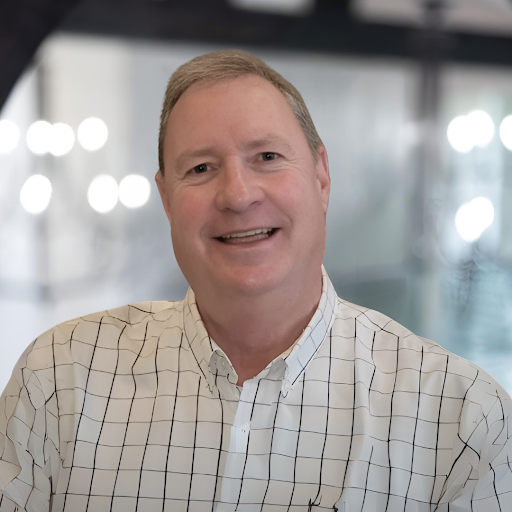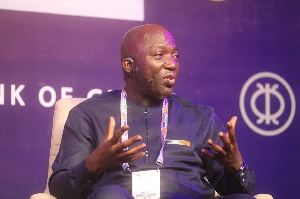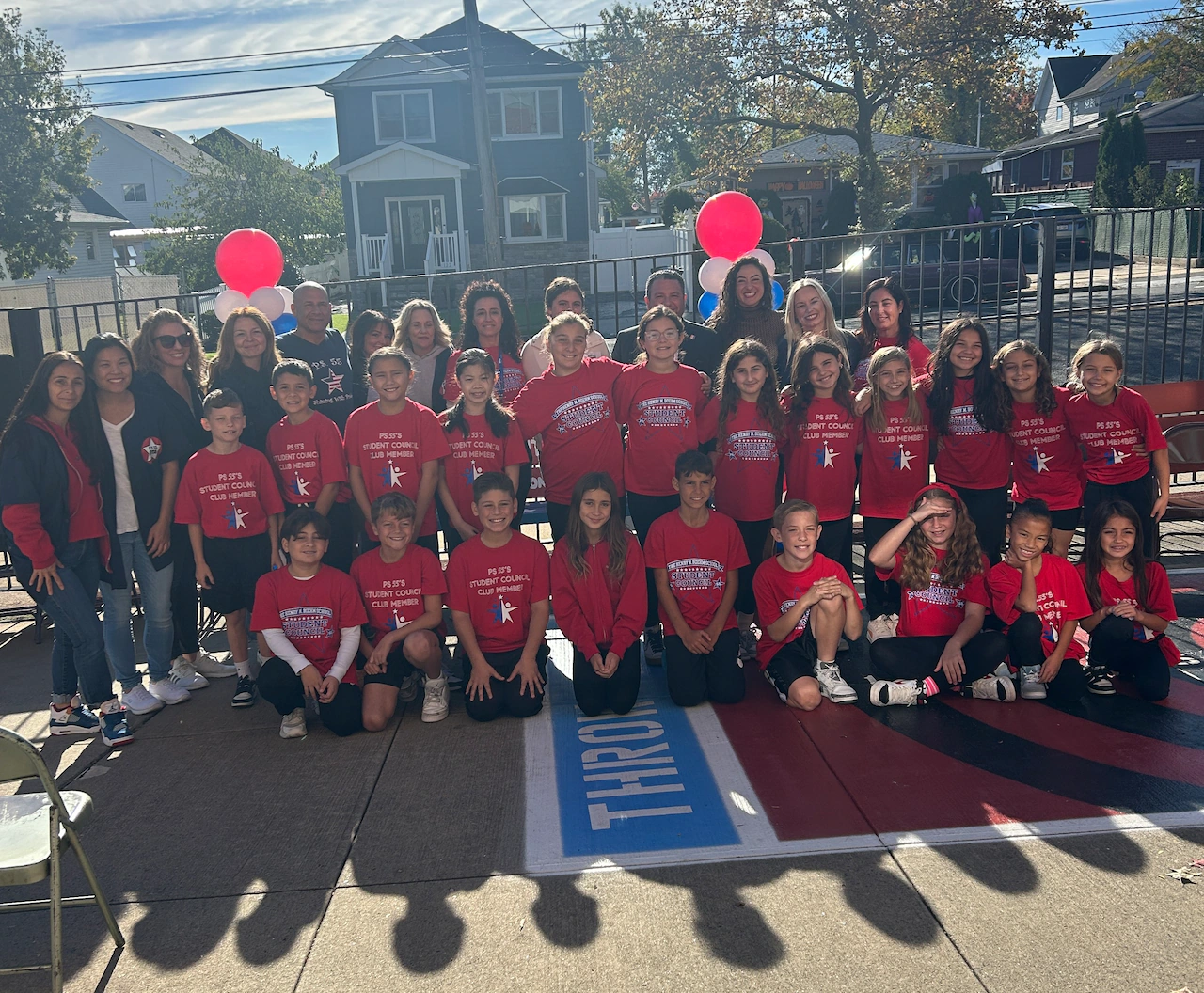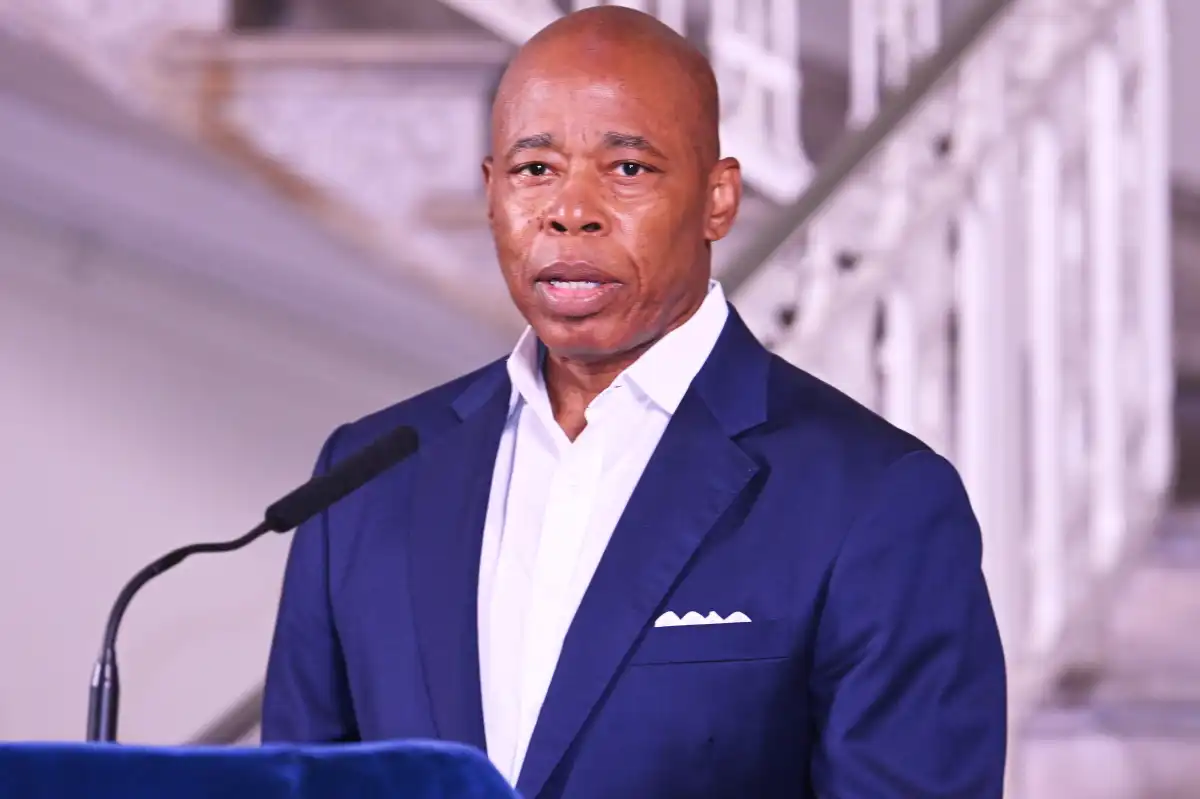Copyright International Business Times

In a climate defined by constant uncertainty, investors are reassessing where to place their capital. According to Cary Clarke, CEO of Founders Development Company, "market volatility, shifting interest rates, and macroeconomic factors can actually advantage the real estate market." While no investment is without risk, the fundamental demand for places to live, work, and gather can position property development as an anchor for investors. "Commercial real estate has always been a desired asset class," says Clarke. "But for a long time, only institutional players had access to these types of deals. That's changed dramatically in recent years." Historically, large-scale real estate projects were reserved for major financial institutions and investment family offices. But today, greater accessibility and regulatory shifts have helped democratize the space, opening doors to a wider range of investors. "Now you can participate in commercial developments," Clarke says. "It used to require millions just to get a seat at the table." This lowering of the barrier to entry has had a dual effect: it's expanded investor participation while also fueling more viable projects through collective funding. "That accessibility makes it possible to bring high-quality developments to life that might not have been feasible otherwise," Clarke says. "It's creating more opportunities for everyone involved." Still, Clarke is quick to emphasize that accessibility doesn't replace diligence. "Not all projects are equal, and not all developers are equal," he says. "It's important to research the team behind a development and understand how they operate, whether that's from a financial standpoint, a community standpoint, or even an environmental one." In his view, this careful vetting process is essential to responsible investing, particularly as interest in the sector grows. The internet and transparency standards have made background research more accessible than ever, but many new investors still lack a framework for evaluating opportunities. To address this, Clarke and his team provide educational tools to help prospective investors ask the right questions before committing capital. "We actually have a guide on our website called 25 Things to Ask Before Passively Investing," he says. "It's about empowering people to make informed decisions." That emphasis on education and clarity is a hallmark of Clarke's leadership approach at Founders Development Company. The firm focuses on commercial real estate projects with long-term community value, blending financial prudence with development strategy. Clarke acknowledges that recent and expected adjustments to federal interest rates may help restore investor confidence. "There's a lot of pent-up demand," he says. "If rates continue to ease, it could motivate more investors to get off the sidelines and re-engage with new opportunities." For Clarke, the enduring appeal of real estate comes down to something fundamental: it's tangible. "When you invest in a commercial project, you can visit the site, see the progress, and understand what you are a part of," he says. "That sense of physicality gives investors a level of comfort that's harder to find in more abstract assets." Looking ahead, Clarke believes that investors who approach development projects thoughtfully, balancing due diligence with long-term perspective, can be well-positioned to find value in a shifting economy. "The projects that stand out are the ones that contribute meaningfully to their communities," he says. "That's where financial and social returns can align, and that's where the real opportunity lies."



